24/7 Helpline:
(866) 899-221924/7 Helpline:
(866) 899-2219
Learn more about Klonopin Rehab centers in Baraga County

Other Insurance Options

Holman Group

Carleon

CareSource

Multiplan

WellCare Health Plans

ComPsych

WellPoint

Medical Mutual of Ohio

UnitedHealth Group

Access to Recovery (ATR) Voucher

American Behavioral

Coventry Health Care

PHCS Network

Health Partners

Lucent

Ambetter

BHS | Behavioral Health Systems

Highmark

AllWell

Self-pay options

Keweenaw Bay Indian Community – New Day Treatment Center
Keweenaw Bay Indian Community – New Day Treatment Center is a public rehab located in Lanse, Michiga...


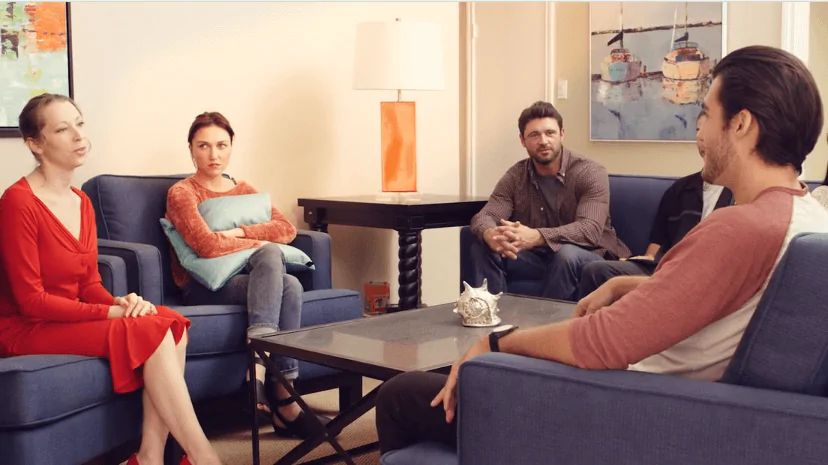

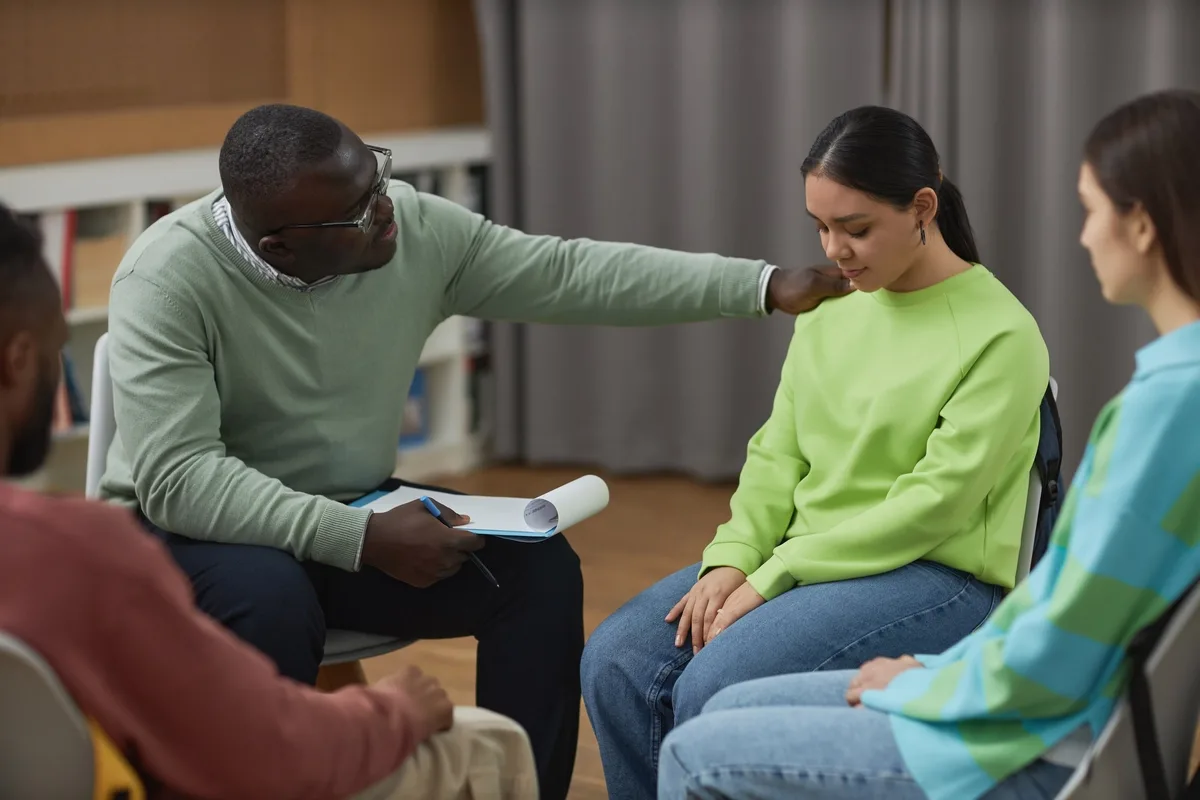


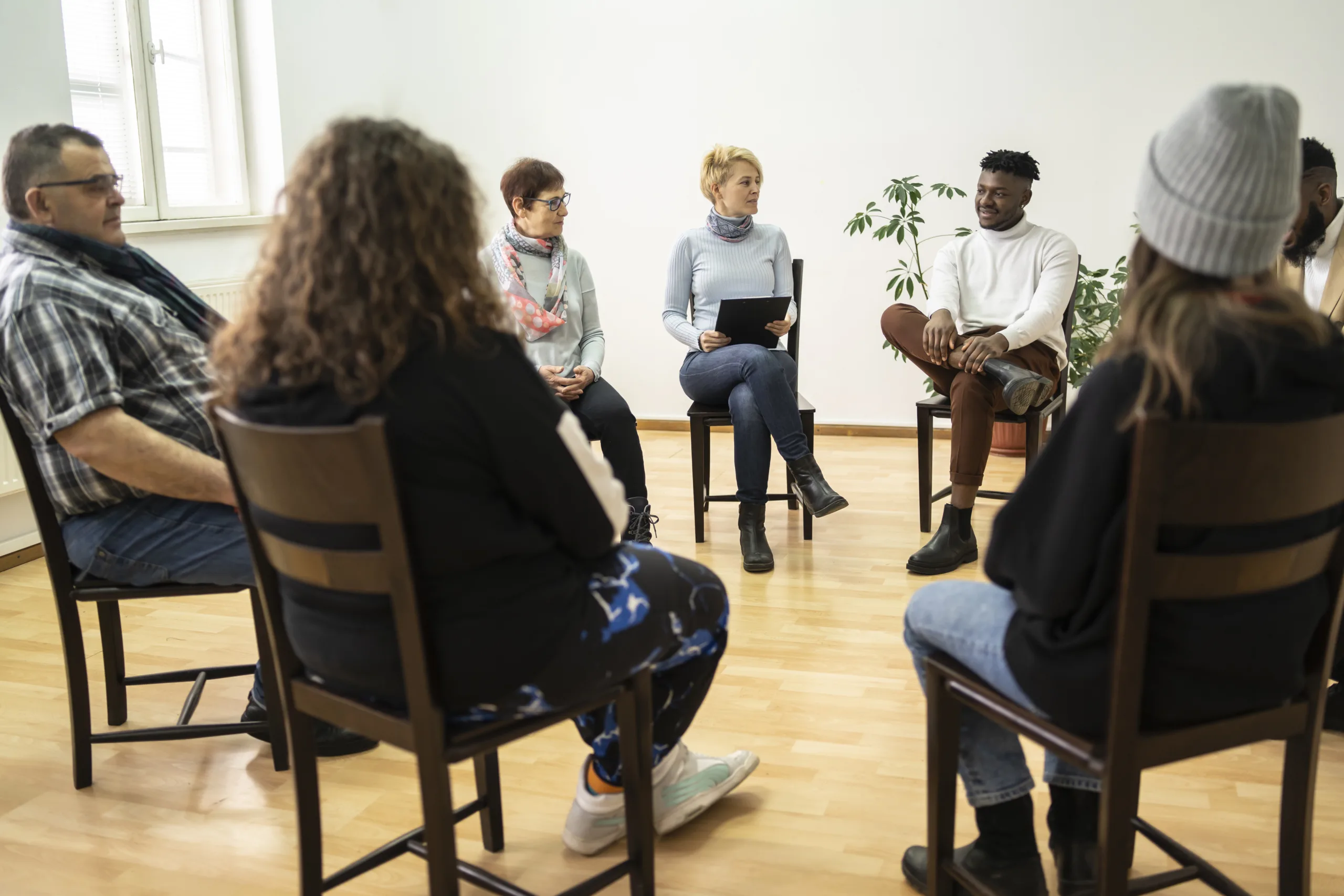
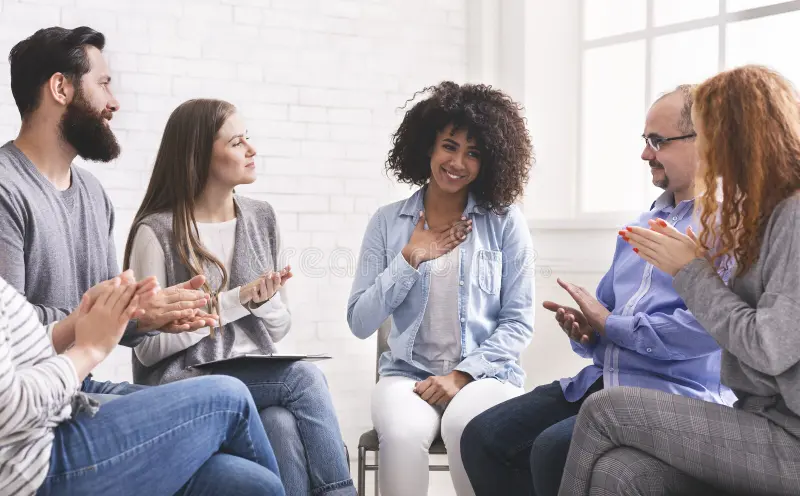


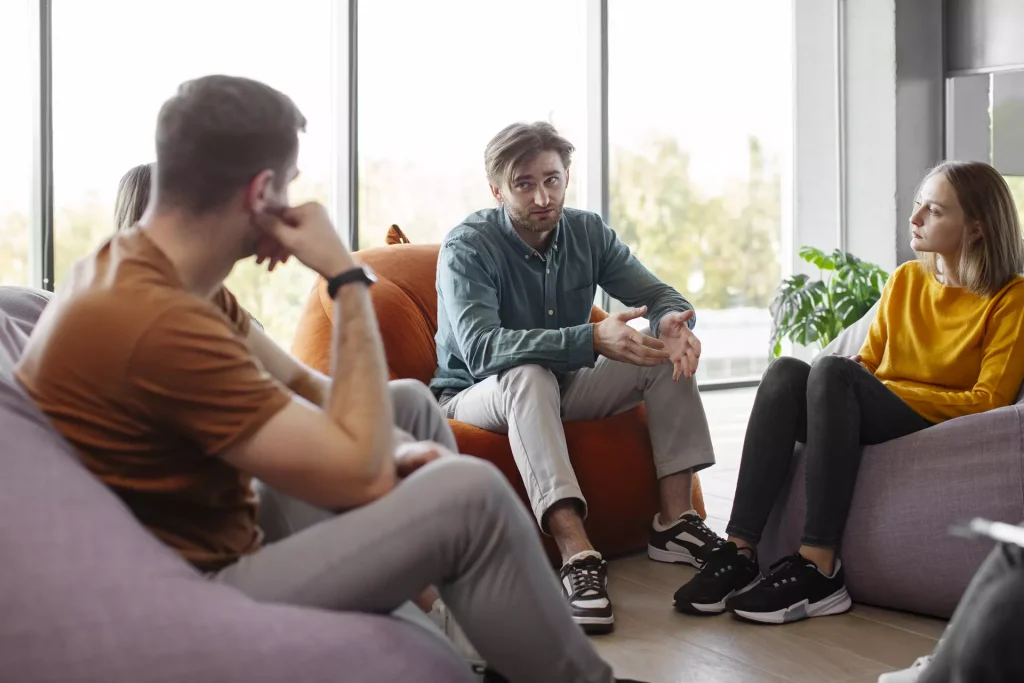

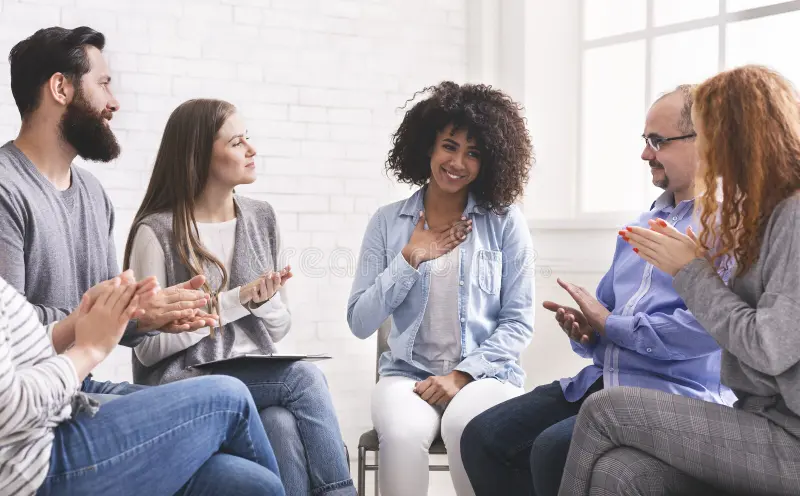

Keweenaw Bay Indian Community Substance Abuse Programs – KBICSAP
Keweenaw Bay Indian Community Substance Abuse Programs (KBICSAP) is a state licensed facility that o...

Copper Country Community Mental Health Services
Copper Country Community Mental Health Services is located in L'anse, Michigan. Copper Country Commu...















